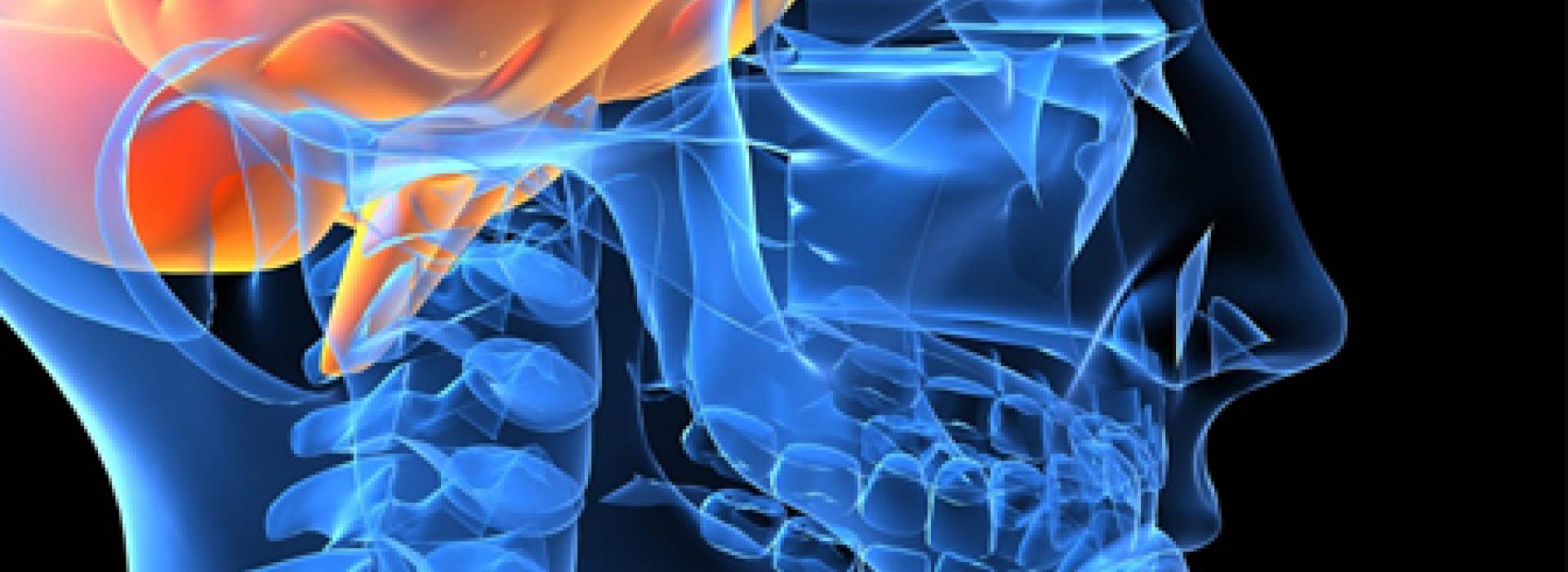Breadcrumb
Medicine
If you are reading this, you are probably thinking about studying Medicine at Cambridge. It’s a big decision and one you need to take time over. Studying medicine at all is the most important question, but where you do it can make a big difference and different medical schools and colleges all have their own special qualities. Getting answers to the sort of questions that will help you make this decision isn’t always straightforward but here we have tried to anticipate some of them and to tell you a bit about medicine at Peterhouse and why we think it is a great place to study. We can’t cover everything so feel free to contact us directly. We are happy to answer questions from students, teachers or parents at any time.
Cambridge is renowned for its medical science. 26 of its 117 Nobel Prizes were for Medicine and the course reflects this being strongly science based. Much of your teaching will be given by people who are active in research, meaning there will be plenty of chances to keep up with new developments in science and medicine. However, it’s not all about work and there are many (too many!) other opportunities to indulge your sporting, musical and artistic interests. The first two years of the course focus heavily on the science underlying medicine. In the third year the choice widens, and you can go into one area of this in more depth or take a course in something quite different. Peterhouse medics have done both, some achieving quite significant findings in their research while a few have ventured into degrees in English, Music, Arabic, Engineering and Theology! Through all three years you have the advantage of the College supervision system where weekly small group tutorials cover the subject matter of your lectures and extends them into the clinical relevance of the course.
Medicine at Peterhouse
All Colleges will tell you that they are the best choice (we all want great students who are fun to teach) and the choice is bewildering. We would point to the high percentage of our students who go on to get places on the prestigious MB PhD program for example.
Here are some possible influences on your choice, specific to Medicine:
- Size: Some Colleges are huge (Trinity, Homerton) others like Christs are small. Peterhouse prides itself in being the smallest (and oldest) Cambridge College. Neither size is ‘better’ but it can create a different atmosphere. Larger colleges may have better sports teams from having more people to choose from but in smaller ones you might be more likely to get into a team, the same goes for orchestras, drama groups etc. Smaller colleges are definitely more intimate and feel more like a family. In Peterhouse our medics get to know each other well and develop friendships within and outside medicine that will last them throughout their lives. Small really is beautiful!
- Location: Colleges are spread widely in Cambridge. Peterhouse, sitting close to the centre of town, and almost next door to the Biomedical site, is very convenient for both.
- Directors of Studies: One real difference between colleges are the supervisions. Some colleges have very science-based supervisions. Peterhouse has a more clinical approach, and supervisions are mostly given by people with clinical experience, some being held at Addenbrooke’s hospital. Looking at the style of the supervisions is not easy but worth considering – email the Director of Studies and see what response you get! A good DoS should be pleased to hear from you. Ours are Dr Rob Ross Russell, a consultant in paediatrics at Addenbrookes Hospital, and Dr Tim Rittman, consultant neurologist and Senior Clinical Research Associate at the Department of Clinical Neurosciences.
Course requirements
Applicants must be studying A level Chemistry plus two other science/maths subject (mathematics, Biology or Human Biology, Physics or Further Mathematics).
In this application round, applicants who are only taking two maths/science subjects at A-level or equivalent, can outline any restrictions or constraints on school subject choice in My Cambridge Application. However, such applicants should note that historically the vast majority of students have applied with three maths/science subjects and the success rate of such students has typically been significantly higher. If you are taking a science subject not listed or were restricted in your choice of subjects prior to entry requirements being published, please contact admissions@pet.cam.ac.uk for further guidance.
More information about specific subject combinations, age requirements and recommended work experience can be found on the University Website.
The application process
All applicants for Medicine across the University are asked to sit the University Clinical Aptitude Test (UCAT) pre-interview assessment at a local testing centre. This will form part of our holistic assessment of candidates' achievements, abilities and potential and are no more, and no less important than any of the other pieces of information considered during the admissions process. Further information can be found on the University website. Pre-registration for this assessment is required. Registration closes mid-September.
All Colleges demand good exam grades but we are also looking for evidence that you understand the demands of a career in Medicine. Experience of working in the health sector in General Practice or a hospital or alternatively, time spent helping in a Care Home or with other groups of patients (such as cancer support) or with drug or alcohol programmes are all useful and should tell you if you are cut out to join a caring profession. The exact nature of what you do is less important than you being able to show what you got out of it and why that has helped convince you that Medicine is for you.
Your Personal Statement should allow us to get a sense of what motivates and excites you. This is more important than putting a long list of achievements just to impress. By all means include things you are particularly proud of. Frequent reviews and iterations by ‘helpful’ parents or overzealous teachers rarely add much value.
Applicants get two or three interviews in December. We ask questions for which we often do NOT expect you to know the answer – we are looking for how people think, problem solve and deal with unexpected situations not just how much factual knowledge you have.
We have a few key principles:
- We want to choose high achieving undergraduates but ones who will also become good doctors
- Selection is based on talent and not on background
- The ‘playing field’ needs to be as level as we can make it in every direction
- The roles of a doctor as defined by CanMeds guide our questions
We may give you a (typed) clinical or ethical scenario with some questions and give you time to look at it before the interview. You can have internet access so you can look things up and plan your answers.
We have created some videos to help you understand interviews better which can be found here and here with an explanation.
Typical conditional offers
Our typical conditional offer for Medicine is A*A*A at A level. IB offers are usually for a minimum of 41-42 points, to include 776 or 777 at Higher level in Chemistry and two other of Biology, Mathematics and Physics. Offers are designed to be realistic, taking into account individual circumstances, and to reflect potential and likely levels of achievement. Most of those who receive offers will attain the grades required.


